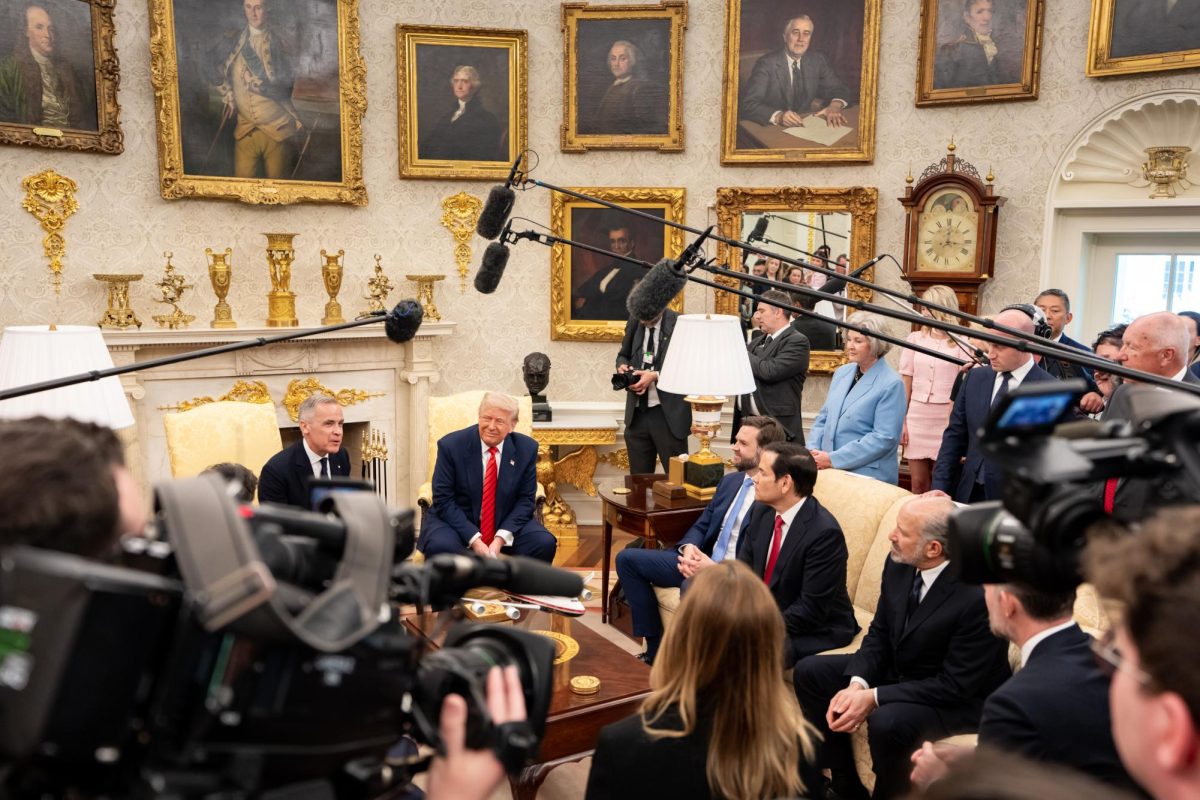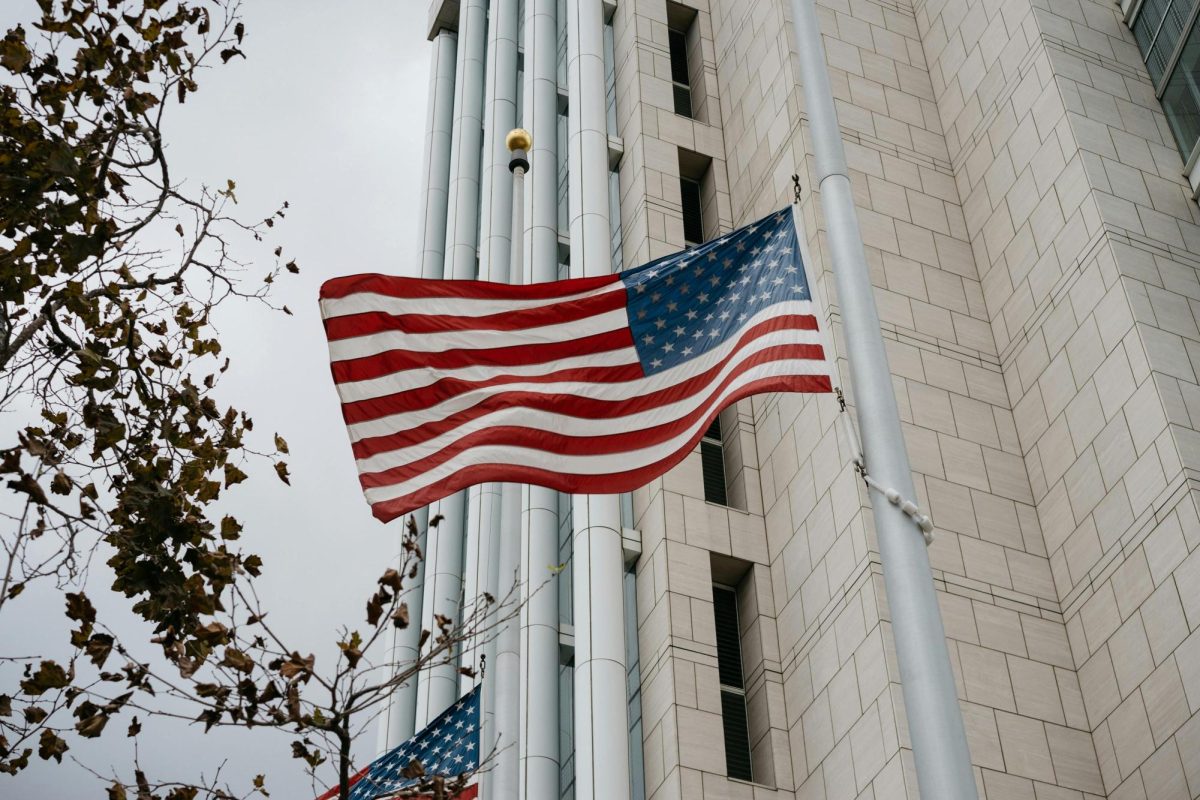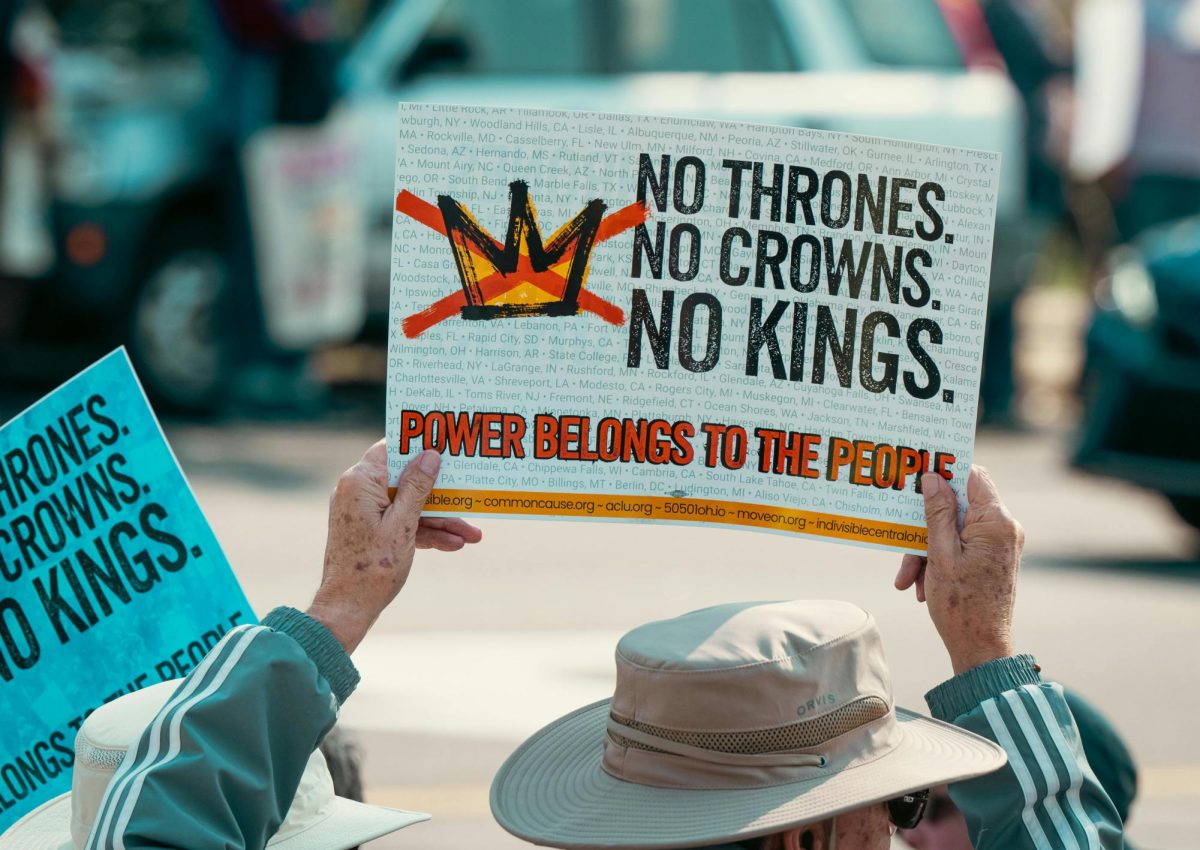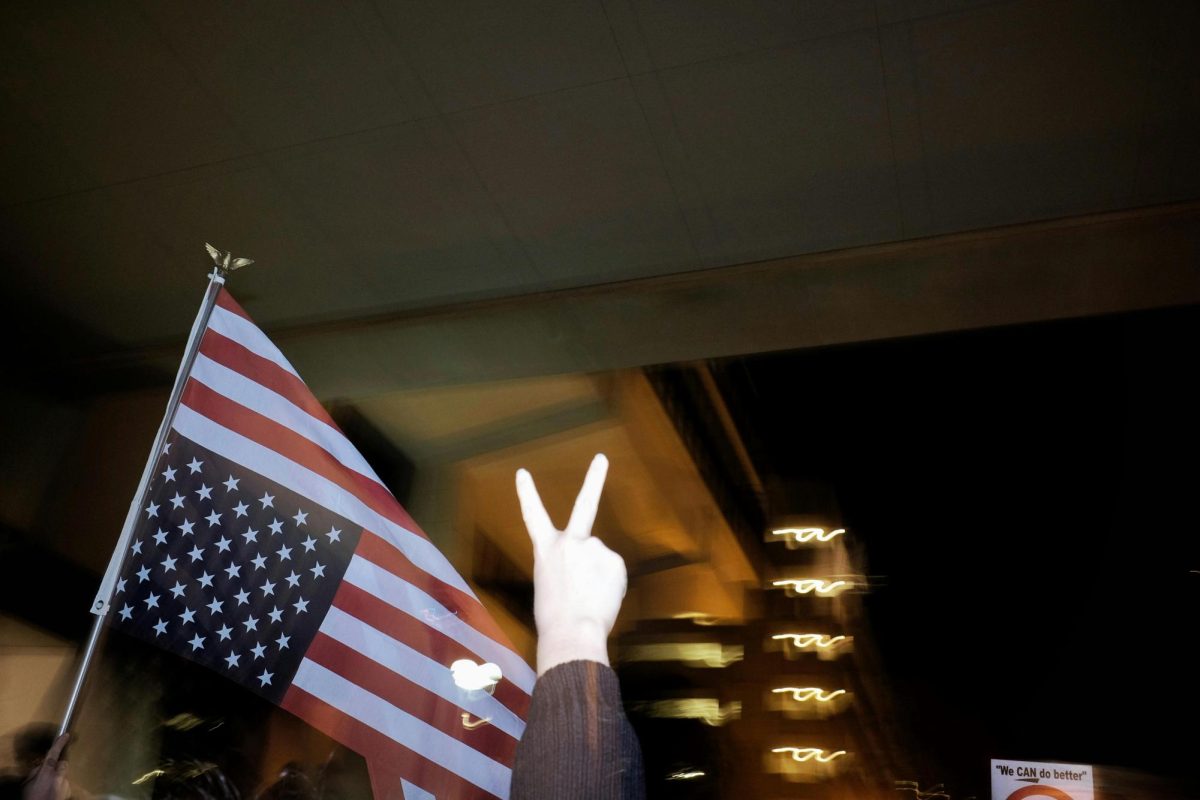As usual, the past few weeks have been chock-full of important and interesting news. From the shocking outcome of a Canadian election to a massive Israeli military operation in Gaza, there is plenty to cover.
To start, an election in Canada was recently held, and to the surprise of political experts in the West, the Liberal Party came out on top. For context, the Liberal Party has been on the decline in popularity for a while. Eventually, long-time Prime Minister Justin Trudeau stepped down as Prime Minister. This, plus a vote of no confidence by other parties in Parliament, led to people thinking that the Conservative Party would take the majority in Parliament and install their own conservative Prime Minister.
Earlier this year, the Conservative Party leader, Pierre Poilievre, was doing quite well for himself in polls. However, Canada’s southern neighbor ended up doing more damage to the Conservative Party than the Canadian conservatives themselves. President Donald Trump’s constant aggressive statements toward Canada, not to mention his increasingly controversial beliefs, led to Liberal Party leader Mark Carney to a key opportunity. What Carney did was a rather simple move, uniting Canadians to retaliate against any possible U.S. annexation of Canada.
Within his first few weeks as president, Trump started touting the idea that Canada should become the 51st state of the U.S. Many people, understandably so, did not like this idea whatsoever, finding it to be radical and borderline imperialist. Prior to the Canadian election, Carney began uniting Canadians against the American President and his statements about annexation. This ended up working out splendidly for the Liberal Party, leaving the conservatives with one of the largest failures possible. In his acceptance speech, Carney went on further to prioritize Canadian strength, “As I’ve been warning for months, America wants our land, our resources, our water, our country.” He continued, “These are not idle threats. President Trump is trying to break us so America can own us.”
To move on, President Trump’s first hundred days in office have officially concluded. Within their first hundred days, presidents typically pass a large amount of legislation, as it’s the time when they have the most support from the people. President Trump has become the exception to this rule, passing a mere 6 bills into law. He is the first president since President Eisenhower in the 1950s. For the record, President Trump passed 30 bills in his first hundred days during his 2016 presidency.
Senior member of the Bookings Institution, William Galston, gave his thoughts on the president’s possible strategy: “He hasn’t signed many bills into law because the agenda of the first 100 days has not been a legislative agenda at all.” He added, “Clearly the administration, before it took office, planned a whirlwind of activity for the first 100 days at a pace that was compatible only with executive action. And this is part of an effort not only to overwhelm doubters and opponents through shock and awe tactics, but also to permanently expand executive power.” He went on to state that he believes the president wants to tweak older laws to fit his agenda, rather than pass new laws. Trump has gone far enough back to the Alien and Sedition Acts of 1798 to further pursue his agenda.
While on the topic of the president, his tariffs have caused damage to numerous corporations across the United States. Companies like Home Depot and Target have personally warned the president about the increasing possibility of emptying shelves. Amazon recently toyed with the idea of showing prices of products from before tariffs next to the current price. Shortly after the news broke, an Amazon spokesperson spoke on the news: “The team that runs our ultra low cost Amazon Haul store considered the idea of listing import charges on certain products. This was never approved and is not going to happen.”
The president also contacted Jeff Bezos after hearing the news. Bezos, while no longer the CEO of Amazon, still holds heavy influence over the company. When the president recalled the meeting during an interview, he stated that Bezos said, “Well, I don’t want to [show pre-tariff prices].” Trump went on to say that if he needed to, he would get in contact with other CEOs if he felt that a business decision would negatively impact the country or his image. He would go on to mention former president Biden in this statement, “Wouldn’t you want me to call? Biden wouldn’t call because he didn’t know what was happening, but I do.”
In that same interview, the president was questioned about his tariffs, notably on how they could lead to price hikes. He would defend his tariffs in the interview, stating, “I don’t view it as a tax. I view it as an incentive for people to come into the United States and build plants, factories, offices, a lot of things. I think it’s an incentive.” However, some people have criticized this idea. They believe that while some companies may move production to the U.S., it would be too costly an endeavor for most companies to embark on. For example, Apple, who has previously conducted its manufacturing in China, is planning not to move its production to the United States, but instead to India. The reason why many companies may choose not to move to the United States is that it would cost them a pretty penny to buy factories, refurbish them, train workers, and then pay those workers according to U.S. labor laws. The president would then be questioned on his seeming knowledge that his tariffs would increase prices. He would respond to such questions, stating, “I don’t think that a beautiful baby girl needs — that’s 11 years old — needs to have 30 dolls. I think they can have three dolls or four dolls, because what we were doing with China was just unbelievable.” He would then add on, “I’m just saying they don’t need to have 30 dolls. They can have three. They don’t need to have 250 pencils. They can have five.”
To move to international matters, Israel has recently announced a new military campaign that leaves many in shock. Israel announced a new military operation that details the capture of Gaza. Israel believes that if it were in control of that territory, it would have a much easier time ending the war with Hamas. With this motion, the nation is also allowing for humanitarian aid to enter the country again, but only through private companies. This would mark the end to a nearly two-month-long blockade of humanitarian aid.
Israel’s military plan has critics both inside the country and abroad. Many nations in the European Union have objected to this, calling for international intervention. The UN rejects Israel’s plan and views it as a violation of humanitarian values.
A spokesperson for Israel stated that voting for the plan was unanimously in favor among the ministers. The spokesperson would add, “The plan will include, among other things, the capture of the Strip and holding the territories, moving the Gazan population south for its defense, denying Hamas the ability to distribute humanitarian supplies, and powerful attacks against Hamas.” Additionally, Israel is seeking to increase their “buffer zone” with other nations with this new move. However, Israeli leadership is waiting until after President Trump’s visit to the region to conduct their plans.
A far-right extremist in Israel, Finance Minister Bezalel Smotrich, expressed his excitement over the plan, stating that Israel will “finally occupy the Gaza Strip.” The Hostages and Missing Families Forum, a group made up of the family members of the hostages, has expressed their dislike of this plan. They believe that Israel is prioritizing land over the hostages, which Israel has claimed as the main reason for continuing the war. They would add to this in a public statement by saying that the operation is “against the will of over 70% of the people.” Numerous Palestinians in northern Gaza have expressed their opinions relating to the operation. A 76-year-old Palestinian living in northern Gaza, Ahmed Shenata, stated “We lived through unbearable conditions in what Israel claimed was a ‘safe zone’ in the south. This time, we will not leave, even if Israel brings down the tents over our heads.”
To wrap it up with one final story, an update on the war in Ukraine. Russian officials believe that they have found evidence that Ukraine is planning to launch a drone strike on Moscow during Victory Day. Victory Day is a holiday in Russia that celebrates the end of the fighting against Germany in WW2, and the nation celebrates it with an annual parade. Ukraine has yet to make a formal response on the matter.
What is different this time about the nation’s Victory Day parade is that U.S. veterans will be present, in addition to world leaders and representatives. To ensure the safety of all people in the parade and those observing it, Russia has offered Ukraine a three-day-long truce. Ukraine has declined this offer, stating it wants a longer truce, preferably at least 30 days in length. The two nations agreed to a similar agreement prior to Easter this year, which ceased all fighting for the Easter weekend. Ukrainian President Volodymyr Zelensky left a rather ambiguous remark on Ukraine’s plans: “Our position is very simple for all countries traveling to Russia on May 9: We cannot be held responsible for what happens on the territory of the Russian Federation.”
With that, our news brief comes to a close. We thank you for reading and appreciate you for taking the time out of your day to do so. We encourage you to delve into your own research if any of these stories seemed at all interesting or important to you. Stay informed, stay safe.







